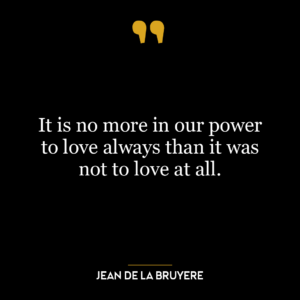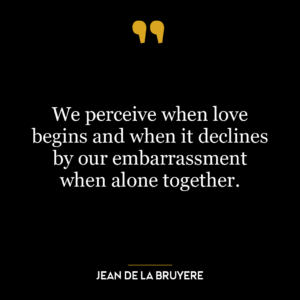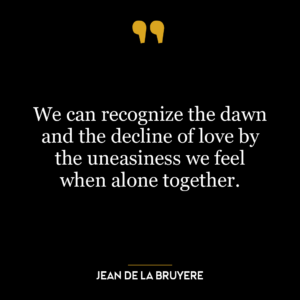This quote emphasizes the inherent paradox of human existence, suggesting that to truly appreciate and love life, one must also understand and accept its despairing aspects. It implies that life’s value is not solely derived from its joyful and successful moments but also from its challenges and trials. Acknowledging the despair in life doesn’t diminish its worth but rather enhances our appreciation of the good times.
The despair of life can be interpreted in many ways. It could be the inherent uncertainty and unpredictability of life, the inevitability of suffering and loss, or the existential angst that comes with awareness of our mortality. By acknowledging these despairing aspects, we are not succumbing to negativity, but rather accepting the full spectrum of human experience. This acceptance allows us to appreciate life more deeply, as we understand that our time is limited, our experiences are precious, and our struggles are what make our achievements meaningful.
To love life, then, is not to deny or escape its despair but to embrace it. It is to find beauty and joy not despite life’s despair but because of it. It is to understand that the light and dark aspects of life are inseparable and that to experience one is to experience the other.
In today’s world, this idea is particularly relevant. We live in a society that often prioritizes success, happiness, and positivity, sometimes to the point of denying or avoiding negative experiences. However, this quote reminds us that it’s not only okay to experience despair, but it’s a necessary part of truly appreciating life.
In terms of personal development, this understanding can lead to a more authentic and fulfilling life. Instead of striving for constant happiness or success, we can learn to value our struggles and challenges as integral parts of our journey. We can learn to see the beauty in our imperfections and the strength in our vulnerabilities. We can learn to embrace the full range of our human experience, and in doing so, deepen our love for life.
















